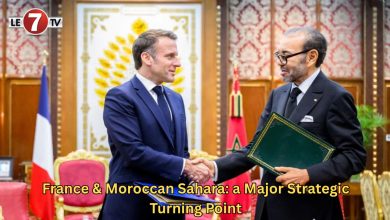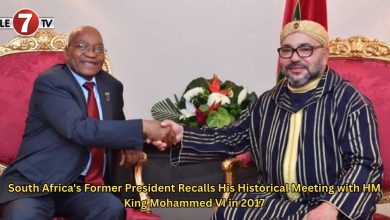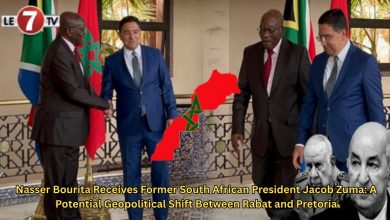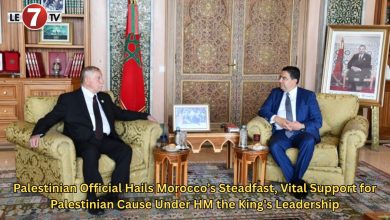South Africa’s MK Party Supports Morocco’s Autonomy Proposal, Believes It Ensures Kingdom’s Sovereignty Over Sahara
Rabat - Jacob Zuma, former President of South Africa and leader of the Umkhonto weSizwe (MK) party, stated that his party believes Morocco’s Autonomy Proposal allows for significant local governance by the populations of the Sahara region, while ensuring that Morocco retains its sovereignty over the Sahara.
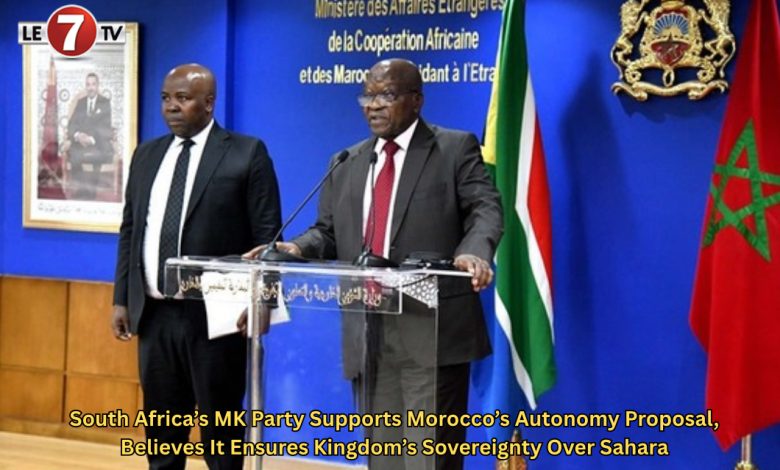
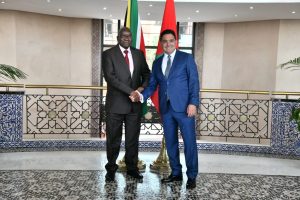
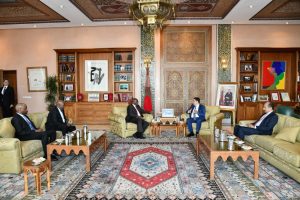
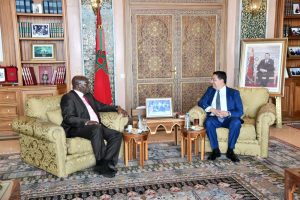
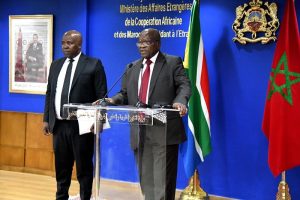
This position was expressed in a press statement by Zuma following his talks with the Minister of Foreign Affairs, African Cooperation and Moroccan Expatriates, Nasser Bourita.
The former South African President added that his party, the MKP, “recognizes the historical and legal context that underpins Morocco’s claim to Western Sahara” and views that “Morocco’s efforts to reclaim its full territorial integrity align with the MK Party’s commitment to preserving the sovereignty and unity of African states.”
While acknowledging “the growing international and continental support that the Moroccan Autonomy Proposal has gained over the last couple of years,” Zuma emphasized that the Autonomy Plan “offers a balanced path forward that promotes stability, peace, and development in the region,” and called on “the international community to support Morocco’s Autonomy Plan as the possible effective way to ensure peace, stability, and prosperity” for the populations of the Sahara region.
This position is in line with the MK party’s policy platform “aimed at bringing about a practical solution to the long-standing debacle on the future of the Sahara region,” which was published last month under the title “Strategic Partnership for African Unity, Economic Emancipation, and Territorial Integrity.”
This document reaffirms that the Sahara “was part of Morocco before Spanish colonization in the late 19th century. As such, it has been an integral part of Morocco for centuries. Morocco’s claim predates colonization and originates from the allegiance of the tribes to the Moroccan Throne,” while calling on the international community to “take into account the region’s historical ties with Morocco and the legitimate interests of the Moroccan people in preserving their territorial integrity.”
The document also recalls the Glorious Green March as “an act of decolonization and a testimony to the historical bonds between Morocco and its Sahara,” describing it as “a unique and non-violent liberation movement” during which “more than 350,000 unarmed Moroccans entered the Sahara to reclaim their land.”
It is worth noting that Zuma, as President of South Africa, met His Majesty King Mohammed VI, may God assist Him, in 2017 on the sidelines of the AU–EU Summit in Côte d’Ivoire. This meeting gave new momentum to bilateral relations between the two countries.
Editorial team/le7tv





